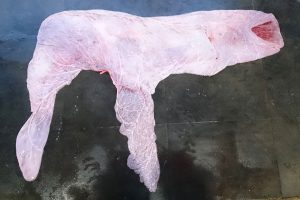
Scientists Compare Horse, Mule Placentas on Microscopic Scale
They found that placentas in gestating mules might overcome species differences through a ‘compensatory mechanism.’


They found that placentas in gestating mules might overcome species differences through a ‘compensatory mechanism.’

They might appear minor on the surface, but puncture wounds can involve dangerous underlying damage and infection. Here’s what you need to know about these injuries.
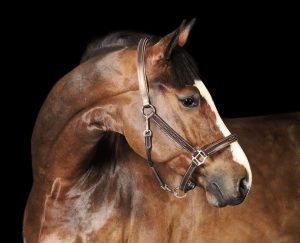
Find out how your horse can hurt his neck, risks for injury and disease, and associated therapies, so you can give your horse the best chance for a strong neck and an athletic future.
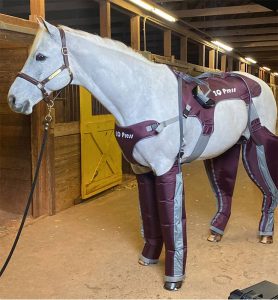
Researchers have found that these full-leg garments significantly increase lymphatic flow, which could be useful for recovery in horses.
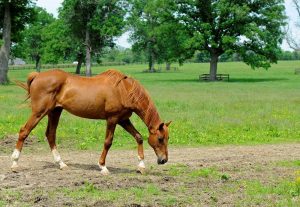
Researchers have learned more about inflammatory biomarkers and their presence in horses with inflammaging, or age-related bodywide inflammation.
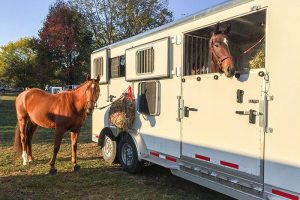
Feeding hay before loading your horse on the trailer can help prevent gastric ulcers from developing during long-haul travel.

Experts discuss what to do when your horse turns up with knee, hock, fetlock, or other leg joint wounds, and why.
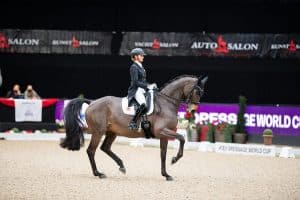
Scientists and FEI representatives recently discussed how officials and equestrian stakeholders can work together to ensure equine welfare in equestrian sports.
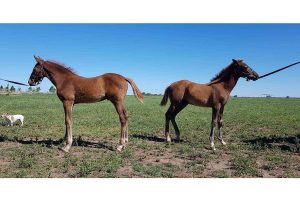
Researchers have confirmed that a female horse has been cloned from a male.
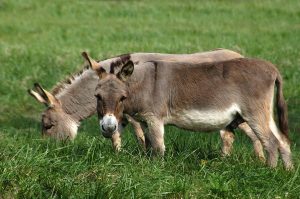
Donkeys might benefit from higher doses of morphine for pain relief than what veterinarians usually prescribe for horses.
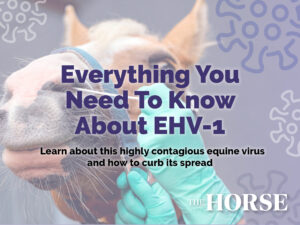
Learn about this highly contagious equine virus and how to curb its spread.
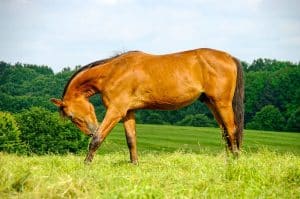
Researchers in Germany are testing the therapeutic antibody, which might provide effective relief from IBH discomfort.
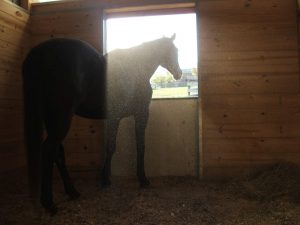
Researchers have determined that testing bronchoalveolar lavage fluid might be the most accurate way to diagnose horses with equine asthma.
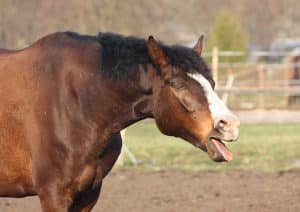
Researchers are working to find a way to individualize equine asthma treatment and are looking for more horses to participate in this study.
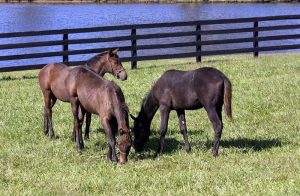
Researchers say that even three weeks after weaning foals still experience increased stress levels.
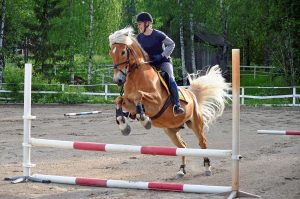
If your horse is acting naughty when handled or ridden, he might be trying to avoid pain somewhere in his body.
Stay on top of the most recent Horse Health news with